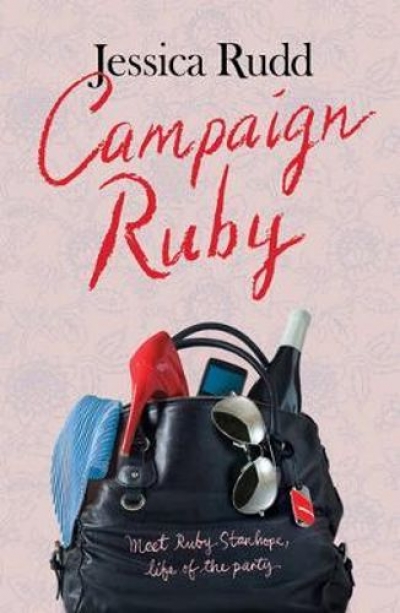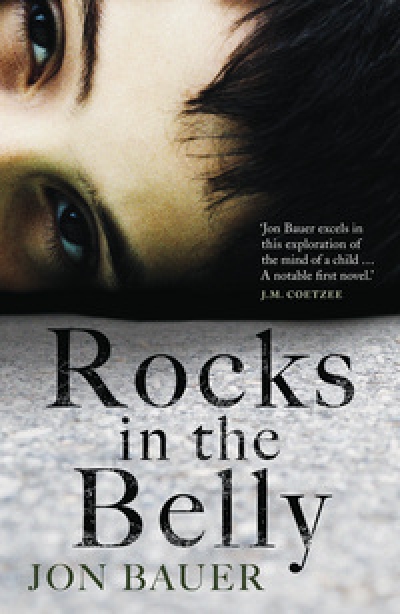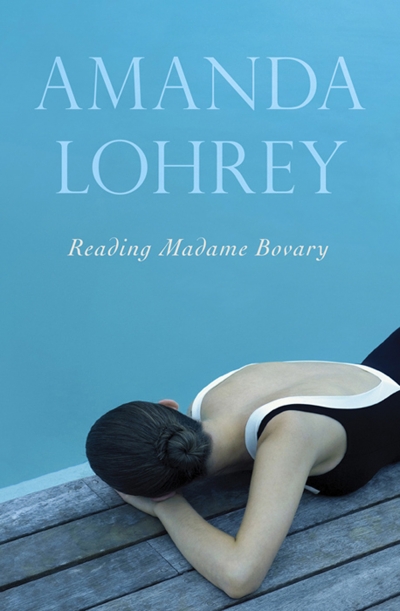Archive
Film | Theatre | Art | Opera | Music | Television | Festivals
Welcome to ABR Arts, home to some of Australia's best arts journalism. We review film, theatre, opera, music, television, art exhibitions – and more. To read ABR Arts articles in full, subscribe to ABR or take out an ABR Arts subscription. Both packages give full access to our arts reviews the moment they are published online and to our extensive arts archive.
Meanwhile, the ABR Arts e-newsletter, published every second Tuesday, will keep you up-to-date as to our recent arts reviews.
Recent reviews
The Cambridge Companion to English Novelists by Adrian Poole & The Cambridge Companion to the Twentieth-Century English Novel edited by Robert L. Caserio
by Sarah Kanowski •
Unbridling the Tongues of Women: A biography of Catherine Helen Spence' by Susan Magarey
by Helen Thomson •
Patterns of Creativity: Investigations into the sources and methods of creativity by Kevin Brophy
by Jane Goodall •
Public Life, Private Grief: A Memoir of Political Life and Loss by Mary Delahunty
by Corrie Perkin •










